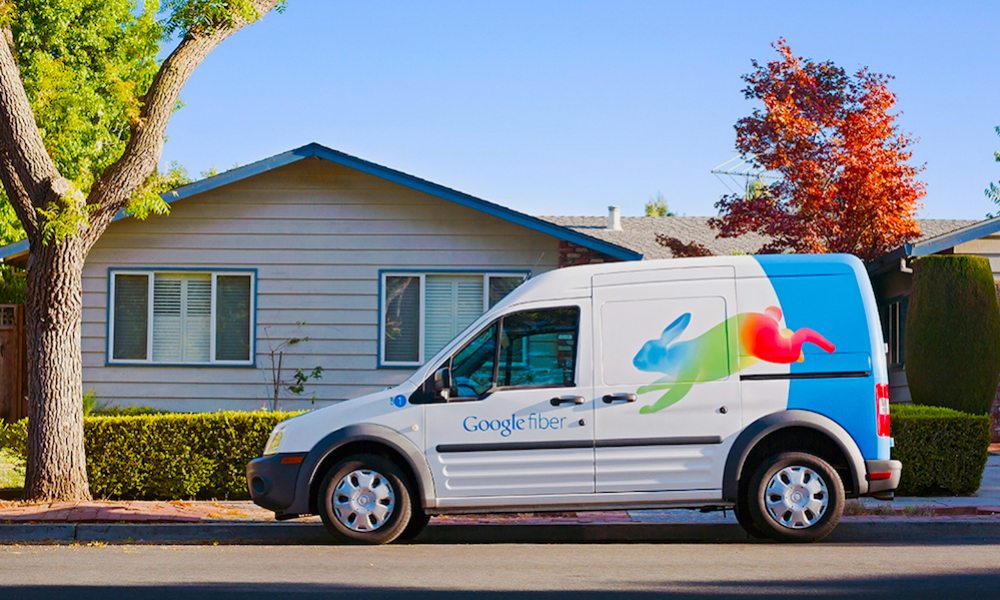Google Fiber Will No Longer Come to New Cities, Announces Layoffs

Toggle Dark Mode
Access, the Alphabet division containing Google Fiber, has announced a major strategy shift in its mission to bring gigabit internet speeds to American homes. Going forward, the company will halt the planned expansion of its fiber optic network into more cities across America as it looks for cheaper and more viable alternatives. In the process, the company will layoff or reassign a significant portion of its staff, or around 9% of its employees, according to ArsTechnica.
In a blog post, Access CEO Craig Barratt announced that he will also step down from the helm and indicated that he would remain in a limited advisory role at the behest of Alphabet CEO Larry Page. A replacement chief has yet to be announced.
Barratt went on to explain that Access is “going to pause” or end operations in the nine “potential Fiber cities” where it had been considering building out its fiber network. Existing Google Fiber offices in those cities will be shuttered, which accounts for most of the upcoming layoffs. On the other hand, Google Fiber will continue operating and building out its fiber optic network in the eight metro areas where it has already launched, as well as the four cities it has already committed to deploying fiber in.
The move suggests that Google Fiber is shifting focus away from fiber, which is costly and difficult to install, and toward wireless. In June, it announced that it was acquiring Webpass, a wireless ISP that owns the technology to beam high-speed internet into residences using fiber-connected antenna arrays. Over-the-air internet would provide a quicker and cheaper way to expand gigabit internet access, though this approach works more efficiently with apartment buildings than single-family homes. Webpass already operates in Boston, Chicago, Miami, San Diego, Oakland, and San Francisco.
Last year, Google restructured itself as a wholly-owned subsidiary of Alphabet, a holding company that also owns other various Google companies, including Google X and Access. The reorganization brought Access under increased scrutiny and pressure from its parent entity to stem the millions in capital expenditures it consumes each quarter to purchase equipment and expand its fiber footprint. According to The New York Times, Google Fiber accounted for the bulk of Alphabet’s $280 million in quarterly capital expenditures.
When Google Fiber launched in 2010 with the ambitious aim of bringing superfast internet to people, its presence was seen as a challenge to the dominance of incumbent broadband providers and cable companies. Since then, it has encountered numerous challenges, including stiff and costly legal opposition from the likes of AT&T and Comcast, as well as other regulatory hurdles. Google Fiber has also struggled to win over subscribers, adding to its financial strain.






